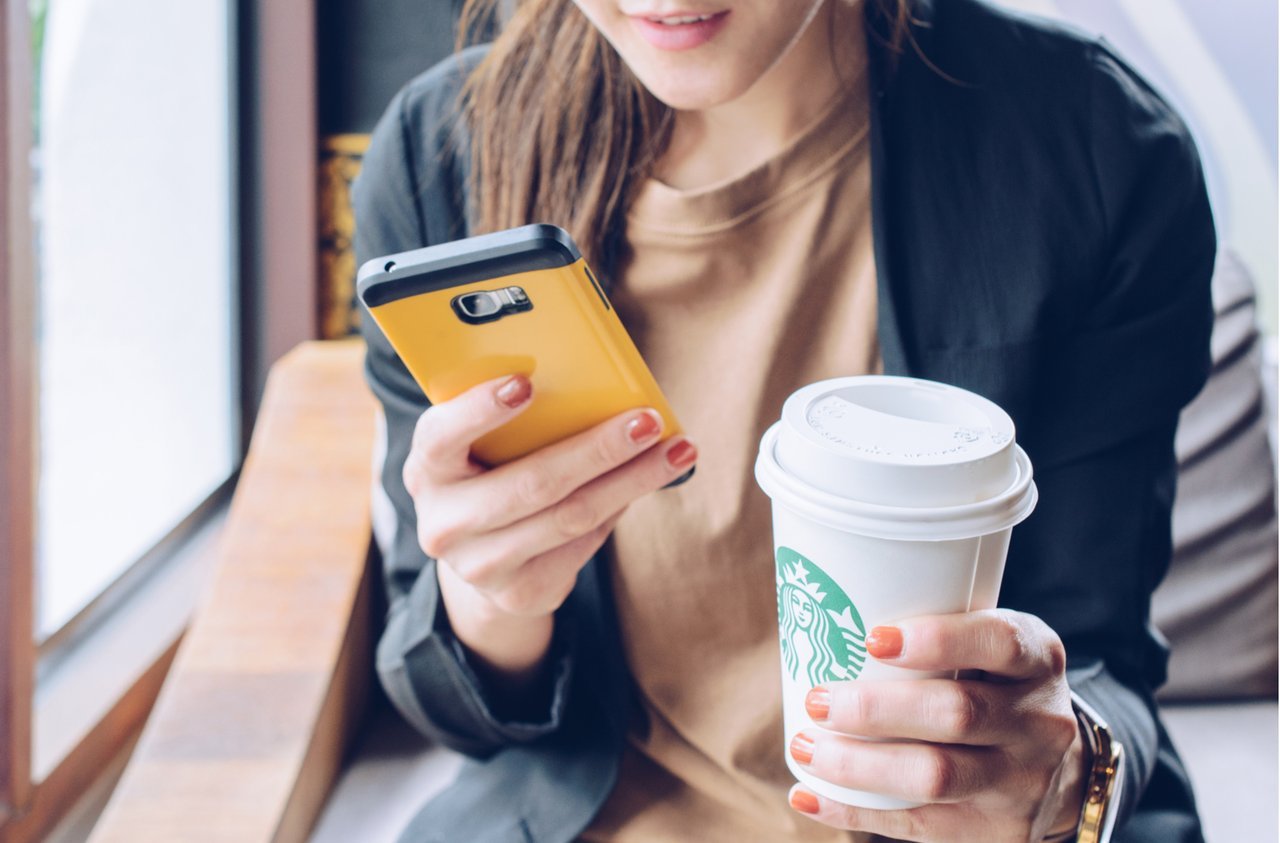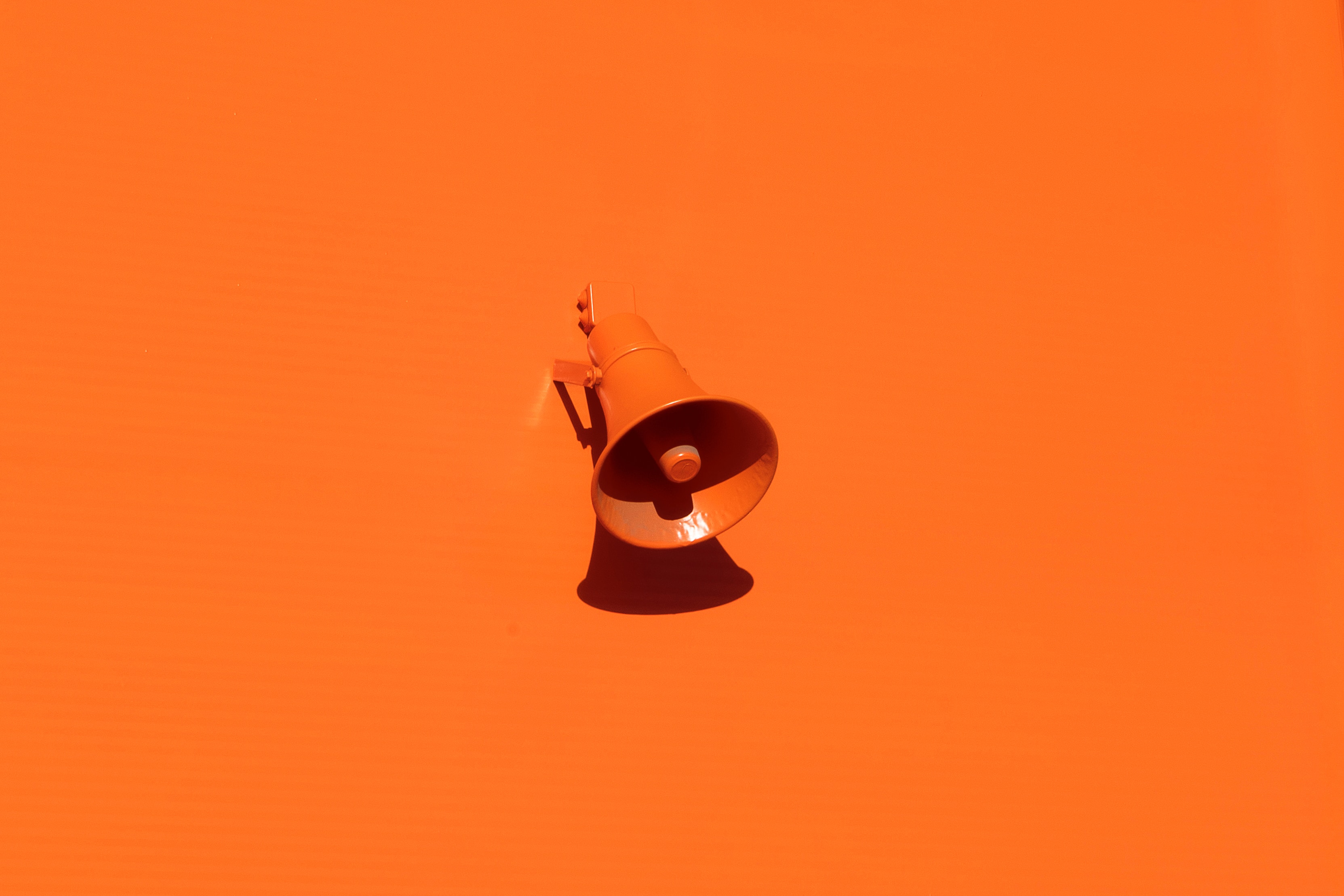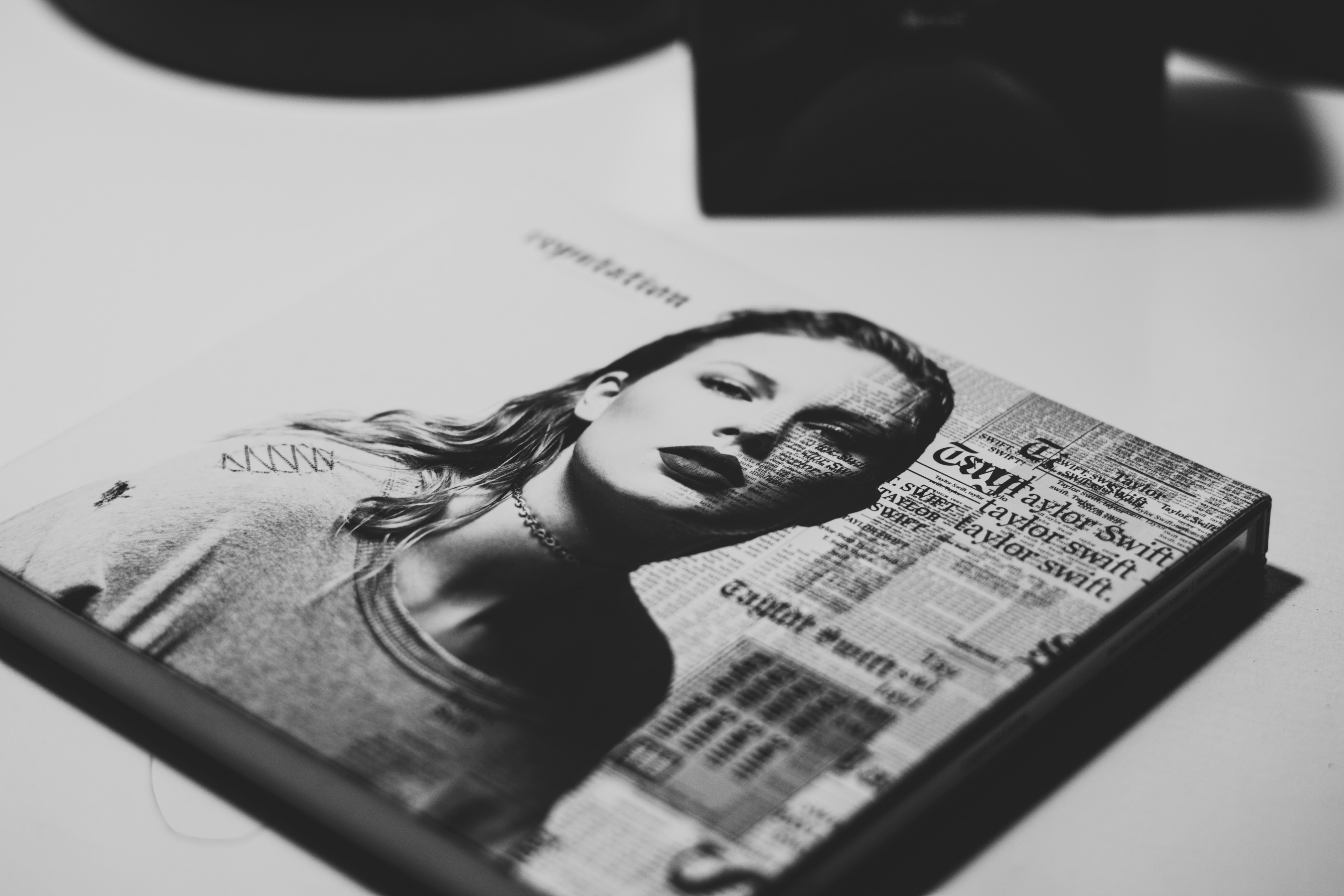What do Rolex, The LEGO Group and The Walt Disney Company have in common? They have some of the best corporate reputations in the world. Not all companies are so successful, though, and in this age of social media one reputational blunder can bring you down—and fast.
Still, there is hope. Forbes writer Vicky Valet notes, “businesses that are able to prove they are sincerely trying to make the world a better place will be the ones that win over those who haven’t yet made up their minds and eventually rise above the rest.” Brands who have made errors in the past have a chance to do better and heal their injured reputation—and these three are already acting on that premise.
1. Nike
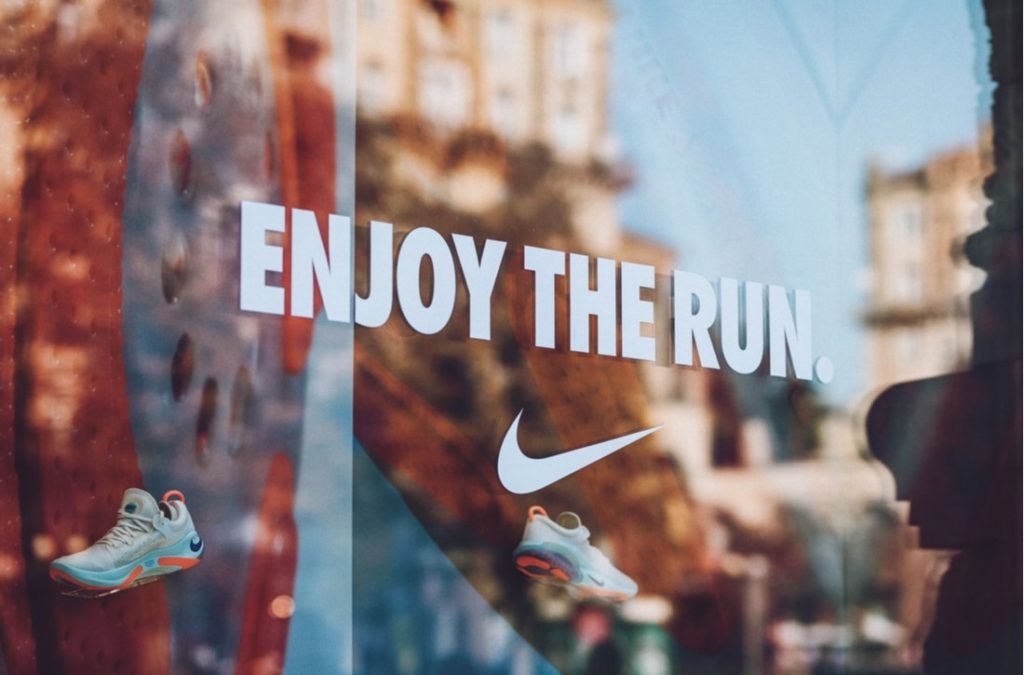
In February 2019, Nike had a very public and very embarrassing reputation blunder live on ESPN during the Duke vs. North Carolina college basketball game. Zion Williamson of the Duke Blue Devils blew through one of Nike’s PG 2.5s—“Paul George’s latest signature model, built expressly for summer gaming”—and injured his knee during the surprising ordeal. After the incident, Nike’s stock dropped by more than $1.1 billion.
Come September 2019, Nike’s stock price was back to an all-time high. So how did they manage this? Reportedly with a focus on product innovation, planned visibility in the 2020 Olympics and growing their women’s apparel. This, paired with a statement promising to investigate and do better, ensured that they bounced back fast.
What you can learn: When hit by negative press, double down on what you do best. You can’t erase what happened, but you can continue to stand out in areas where you already excel.
2. Patreon
Patreon—a fund-raising site for independent content creators—has had its fair share of controversies over the years: banning adult-oriented content, nixing funding to ASMR creators and demonstrating a political bias. But nothing ruffled more feathers than its decision to transfer service fees from creators to audiences.
After protests and call-outs from content creators and their audiences alike, the company reversed the decision. A spokesperson for Patreon issued an apology stating, “We messed up. We’re sorry, and we’re not rolling out the fees change.” Simple as that, they took heed of their community’s wishes and made amends—and it paid off. In 2019, the company announced that it has more than three million “patrons” (those paying to access creative content), up 50% from 2018.
What you can learn: Swallow your pride and reverse unpopular decisions. You can always fix the problems in a different way if your first path doesn’t work.
3. Starbucks
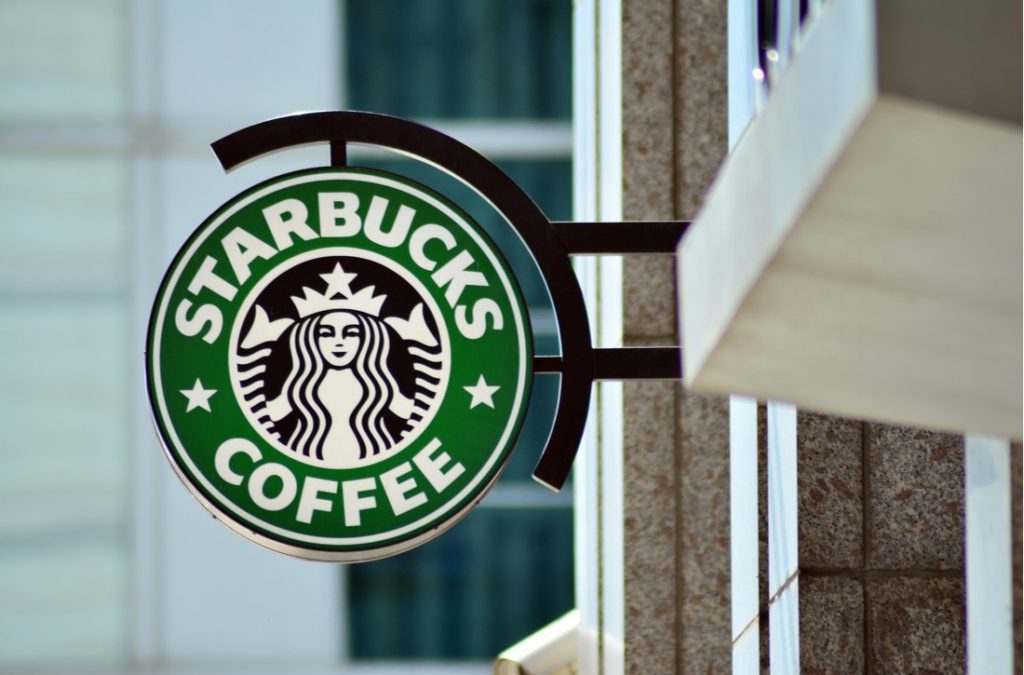
Starbucks news is plagued by accounts of rising prices, racist staff behavior and underfilled drinks. But that’s not all: the coffee company also received backlash when former CEO Howard Schultz made an unpopular bid to run for president.
Despite the rough patches, Starbucks has a sense of social responsibility that they tote whenever possible. A few examples of their ongoing good deeds include committing to hiring 10,000 refugees, phasing out plastic straws to combat plastic pollution and initiating a food rescue program to combat waste and hunger. It’s initiatives like these that have landed Starbucks among the world’s most admired, sustainable and ethical companies for several years in a row.
What you can learn: Make a social impact. Everyone makes mistakes but not everyone has a portfolio of self-led community and global initiatives designed to tackle social and environmental issues.
The Takeaway
Big brands tend to suck. But the ones on this list are at least trying to make an effort to right old wrongs or pave the way for a better future. Will they succeed in their efforts? Only time will tell.
Think a brand is not doing enough to combat negativity? Let them know with a custom .SUCKS domain.
Photo Credits: Boyloso / Shutterstock, Iryna Imago / Shutterstock, Grand Warszawski / Shutterstock






